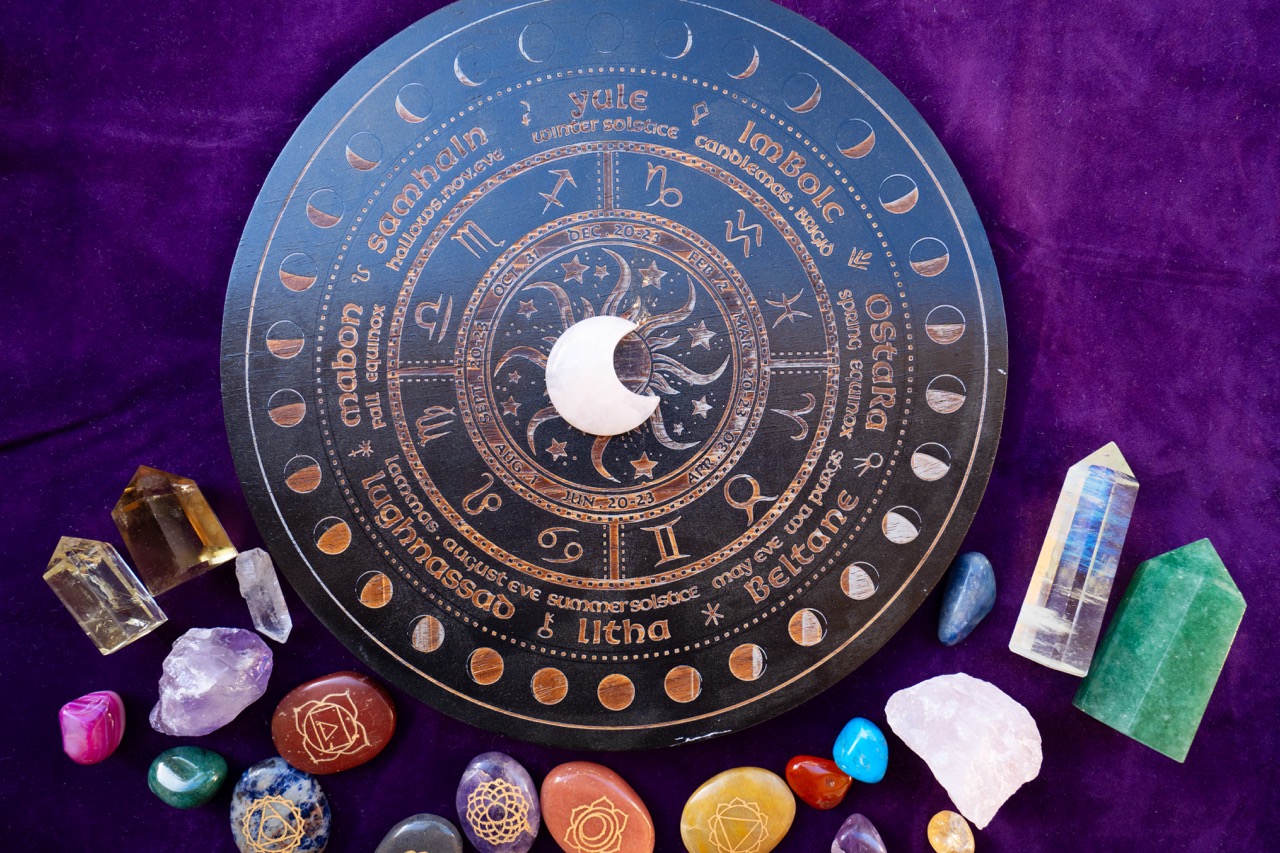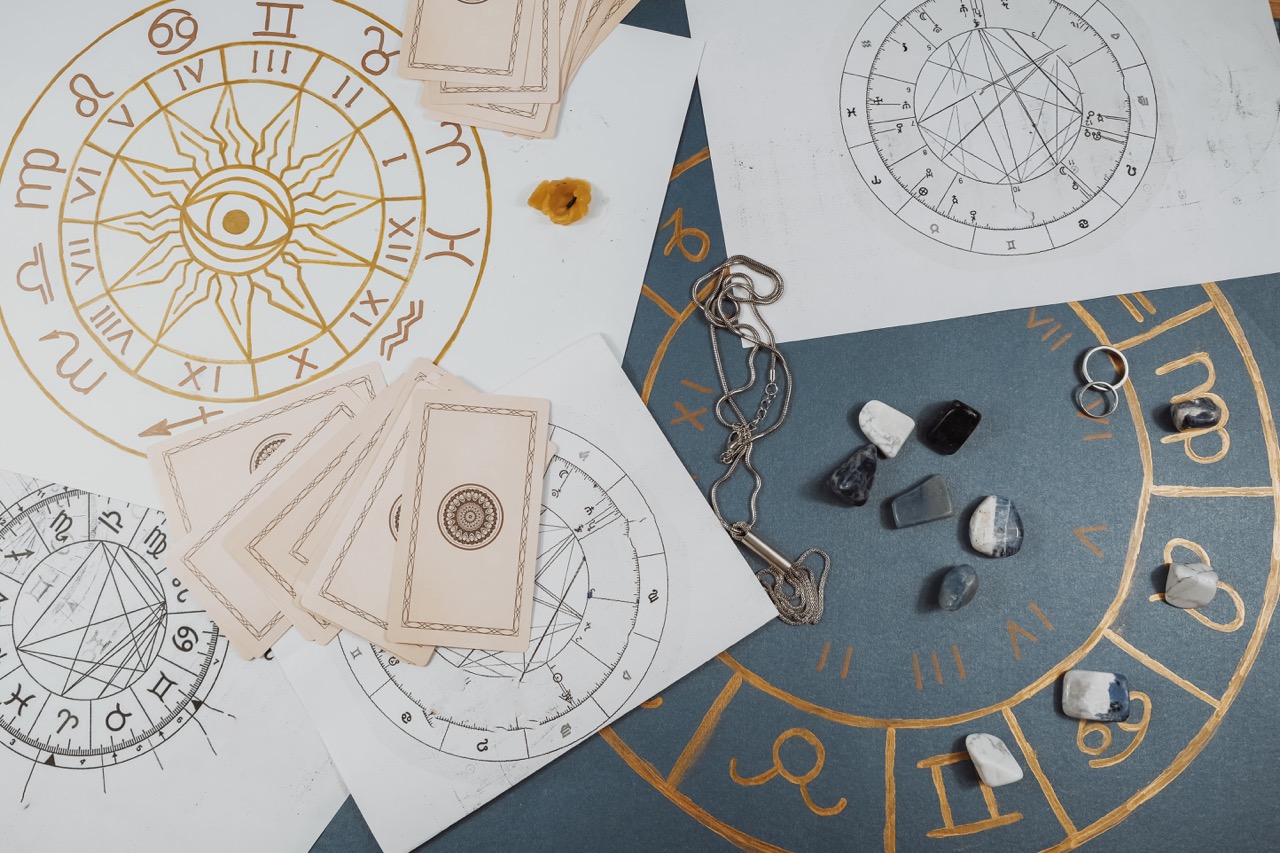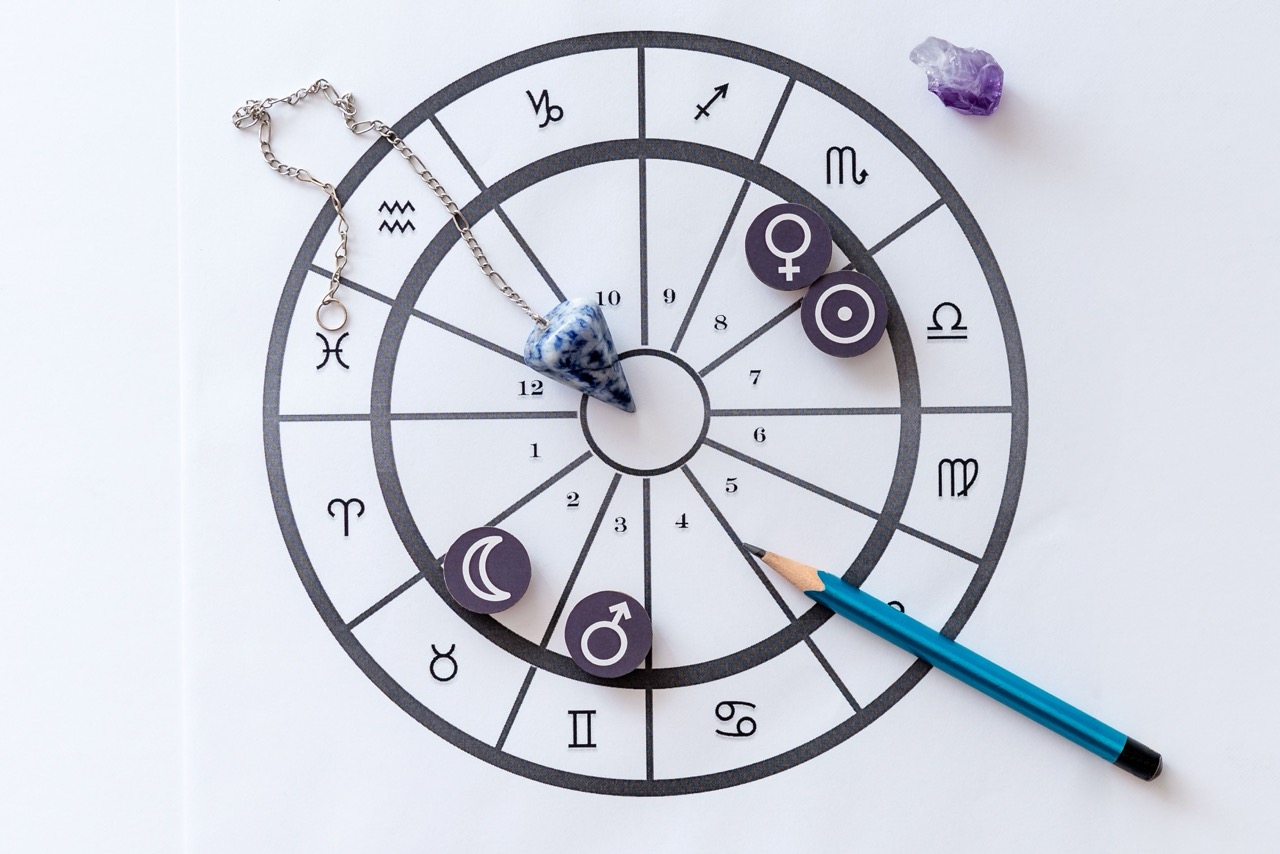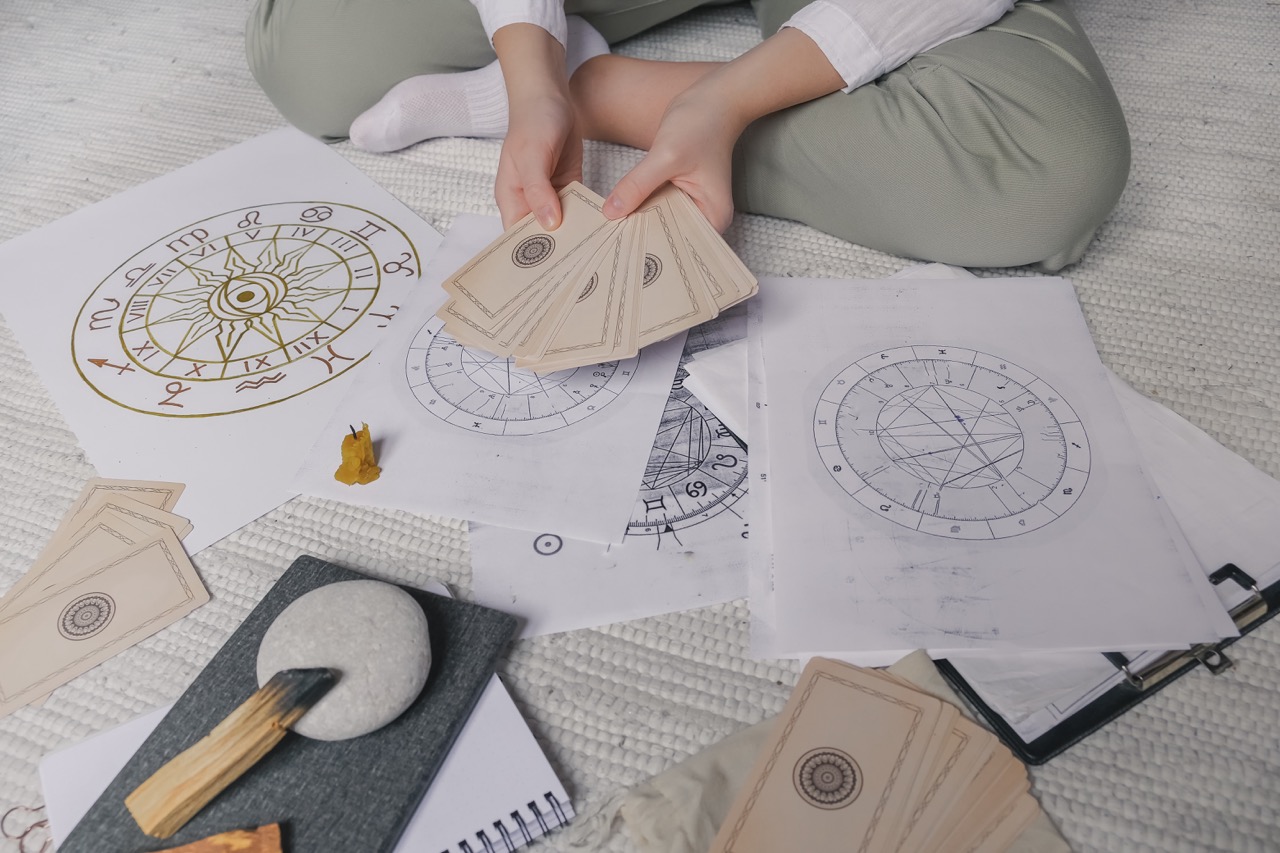In the vibrant tapestry of the Renaissance, a period characterized by a rekindling of art, science, and philosophy, one figure stands out as a beacon of esoteric knowledge and mystical inquiry: Henry Cornelius Agrippa. A polymath deeply fascinated by the interplay between the cosmos and human existence, Agrippa’s contributions to astrology resonate through the ages. His profound insights helped shape the astrological practices of his time and laid the groundwork for future generations. This article delves into Agrippa’s enigmatic legacy, explores the complexities of Renaissance astrology, and illuminates his enduring influence on modern astrological thought.
The Enigmatic Legacy of Henry Cornelius Agrippa
Henry Cornelius Agrippa (1486–1535) was a man of many talents—scholar, magician, soldier, and philosopher. His most notable work, "De Occulta Philosophia" (On Occult Philosophy), is a seminal text that synthesized ancient wisdom with contemporary thought. Agrippa’s life was marked by controversy; his exploration of the occult and the metaphysical often placed him at odds with the prevailing theological and scientific paradigms of his time. Yet, it is precisely this rebellious spirit that allowed him to forge a unique path, one that intertwined astrology, magic, and philosophy in a way that had never been seen before.
Agrippa’s writings delved deeply into the principles of astrological magic, where the celestial bodies were not just distant spheres but active participants in the earthly realm. He posited that understanding the stars was essential to comprehending the divine order of the universe. Agrippa’s perspectives illuminated the connection between the microcosm (human beings) and the macrocosm (the cosmos), positing that the movements of celestial bodies directly influence human affairs. This resonated with the Renaissance belief in the interconnectedness of all things, making his ideas both radical and revolutionary.
Despite his profound influence, Agrippa’s work often fell into obscurity after his death. His complex views were sometimes misinterpreted, and his association with magic led to skepticism. However, the resurgence of interest in the occult and esoteric traditions during the 19th and 20th centuries rekindled the fascination with Agrippa. Scholars and practitioners alike began to unearth his texts, recognizing the depth of his insights and their relevance to contemporary worldview. Agrippa’s legacy, thus, is as much about the exploration of the unknown as it is about the awakening of intellectual curiosity in a time of transformation.
Unveiling the Mysteries of Renaissance Astrology
Renaissance astrology was not simply a predictive tool; it was a sophisticated system that intertwined the celestial with the mundane. The astrological practices of Agrippa’s time were heavily influenced by the philosophical underpinnings of Neoplatonism, which emphasized the existence of an underlying unity in the cosmos. This belief gave rise to the notion that celestial events mirrored terrestrial happenings, allowing astrologers like Agrippa to draw correlations between planetary alignments and human experiences. In this mystical interplay between stars and souls, astrology became a formidable tool for personal insight and guidance.
Agrippa’s approach to astrology was multifaceted, encompassing a deep understanding of natural philosophy, mathematics, and the occult. He advocated for the use of astrological charts not only to predict events but also to understand the spiritual journey of individuals. By aligning one’s life with the cosmic rhythms, individuals could harness the energies of the universe to attain personal growth and fulfillment. Agrippa’s writings detailed the significance of planetary hours, the influence of zodiac signs, and the importance of lunar phases, providing a comprehensive framework that practitioners still refer to today.
Moreover, Agrippa was a keen observer of the connections between astrology and medicine. He believed that the stars influenced human health and well-being, leading to the practice of astrological medicine, where a person’s natal chart could be used to diagnose ailments and suggest remedies. This holistic view of astrology as a bridge between the physical and metaphysical realms reflects the Renaissance ideal of integrating knowledge across disciplines. Agrippa’s work invites us to explore the mysteries of our existence through a lens that embraces both science and spirituality, revealing the profound truths that lie at the intersection of the two.
Bridging Science and the Stars: Agrippa’s Vision
At the heart of Agrippa’s philosophy is the idea that true understanding arises from the synthesis of knowledge across various fields. He firmly believed that astrology could not be isolated from other forms of knowledge, such as natural philosophy, religion, and ethics. Agrippa’s vision was revolutionary; he sought to establish a framework where astrology coexisted with emerging scientific thought, creating a dialogue between the empirical and the esoteric. This ambition positioned him as a precursor to the later integration of mystical traditions into the burgeoning realm of scientific inquiry.
Furthermore, Agrippa argued for the importance of personal experience in astrology. He encouraged individuals to engage with the celestial influences actively, emphasizing the role of free will in shaping one’s destiny. This perspective stands in contrast to deterministic interpretations of astrology, suggesting instead that while the stars offer guidance, it is ultimately human agency that carves the path of one’s life. In this way, Agrippa bridged the gap between the ancient wisdom of astrology and the Renaissance pursuit of individualism and self-discovery.
As the Renaissance gave way to the Enlightenment, many of Agrippa’s ideas were challenged and often dismissed by emerging rationalist philosophies. However, his vision of astrology as a significant component of a holistic understanding of the universe continues to inspire both astrologers and scholars today. By advocating for the integration of mystical and scientific knowledge, Agrippa paved the way for a more nuanced exploration of the human experience—one that acknowledges the power of the stars while celebrating the autonomy of the individual.
The Timeless Influence of Agrippa on Modern Astrology
The legacy of Henry Cornelius Agrippa extends far beyond his own time, influencing modern astrology in ways that resonate with contemporary seekers of truth. His insistence on the interconnectedness of all things has shaped modern interpretations of astrology, which often emphasize personal empowerment and self-awareness. Today, many practitioners draw upon Agrippa’s insights, recognizing that astrology serves as a tool for introspection and personal growth rather than mere fortune-telling. His holistic approach encourages individuals to explore their connections to the cosmos, fostering a sense of belonging and purpose.
Moreover, Agrippa’s emphasis on the ethical dimensions of astrology remains relevant in our increasingly chaotic world. He believed that understanding celestial influences comes with a responsibility to make conscious choices that reflect our highest values. This perspective resonates deeply with modern astrology’s focus on mindfulness and self-awareness, urging individuals to navigate their lives with intention and integrity. As more people turn to astrology for insight and guidance, Agrippa’s legacy serves as a reminder of the ethical considerations that should accompany this exploration.
Finally, Agrippa’s work has been rediscovered and reinterpreted by contemporary scholars and practitioners, leading to a Renaissance of his own. Workshops, books, and online communities dedicated to Agrippa’s teachings flourish today, breathing new life into his ideas. This revival speaks to the timeless nature of his wisdom and the enduring desire for knowledge that transcends the boundaries of time and tradition. As we navigate the complexities of modern life, Agrippa’s vision continues to inspire us to seek the stars, understand our place in the cosmos, and embrace the mysteries that lie within.
In a world that often seems disconnected from the cosmic rhythms, Henry Cornelius Agrippa’s insights remind us of the profound relationship between the universe and our individual journeys. His pioneering work in astrology, philosophy, and the occult serves as a testament to the Renaissance spirit of inquiry and exploration. As we honor Agrippa’s legacy, may we be inspired to embrace our own quests for knowledge, understanding, and connection to the stars. Through the lens of astrology, we can uncover not only the mysteries of the cosmos but also the depths of our own souls, discovering the timeless truths that unite us all.




